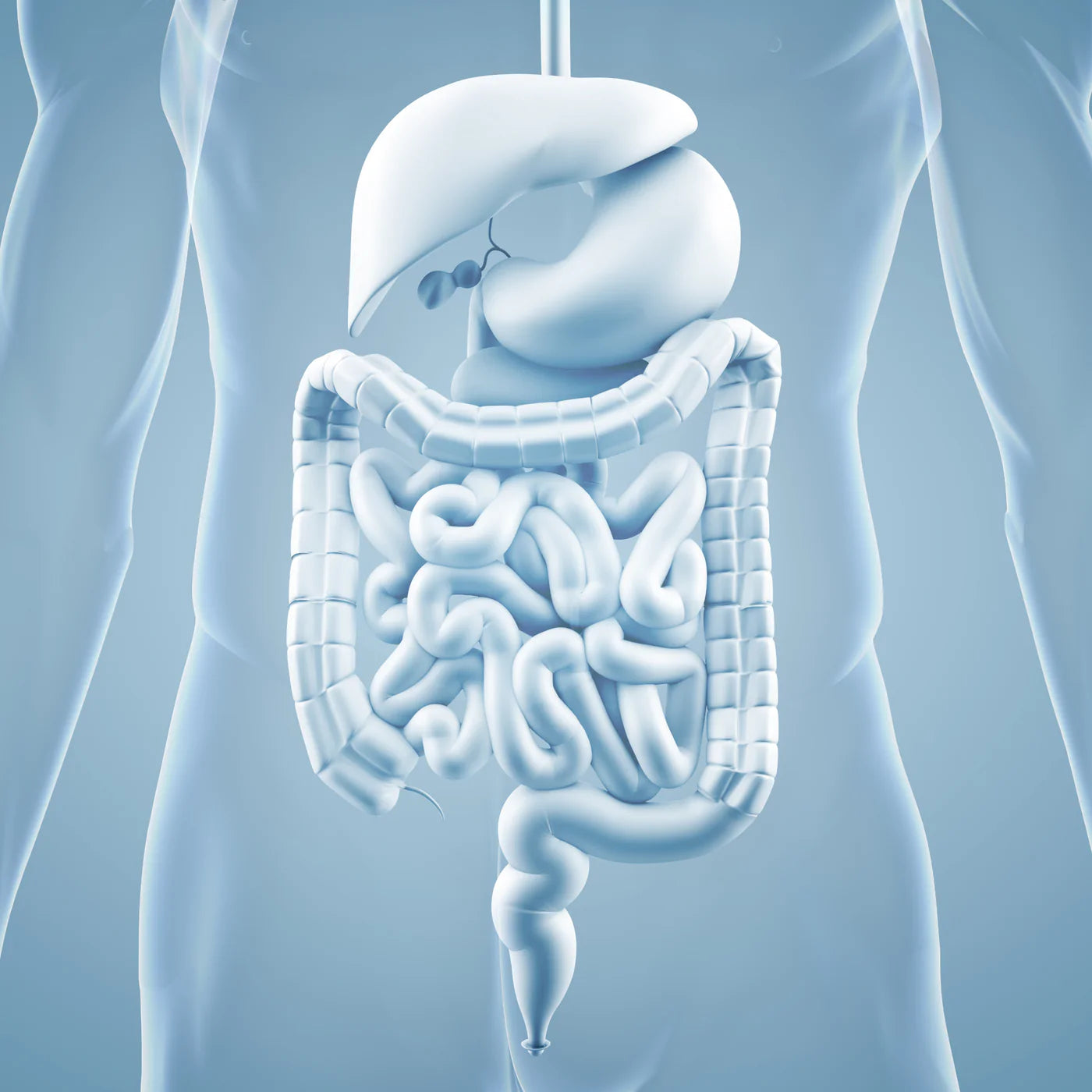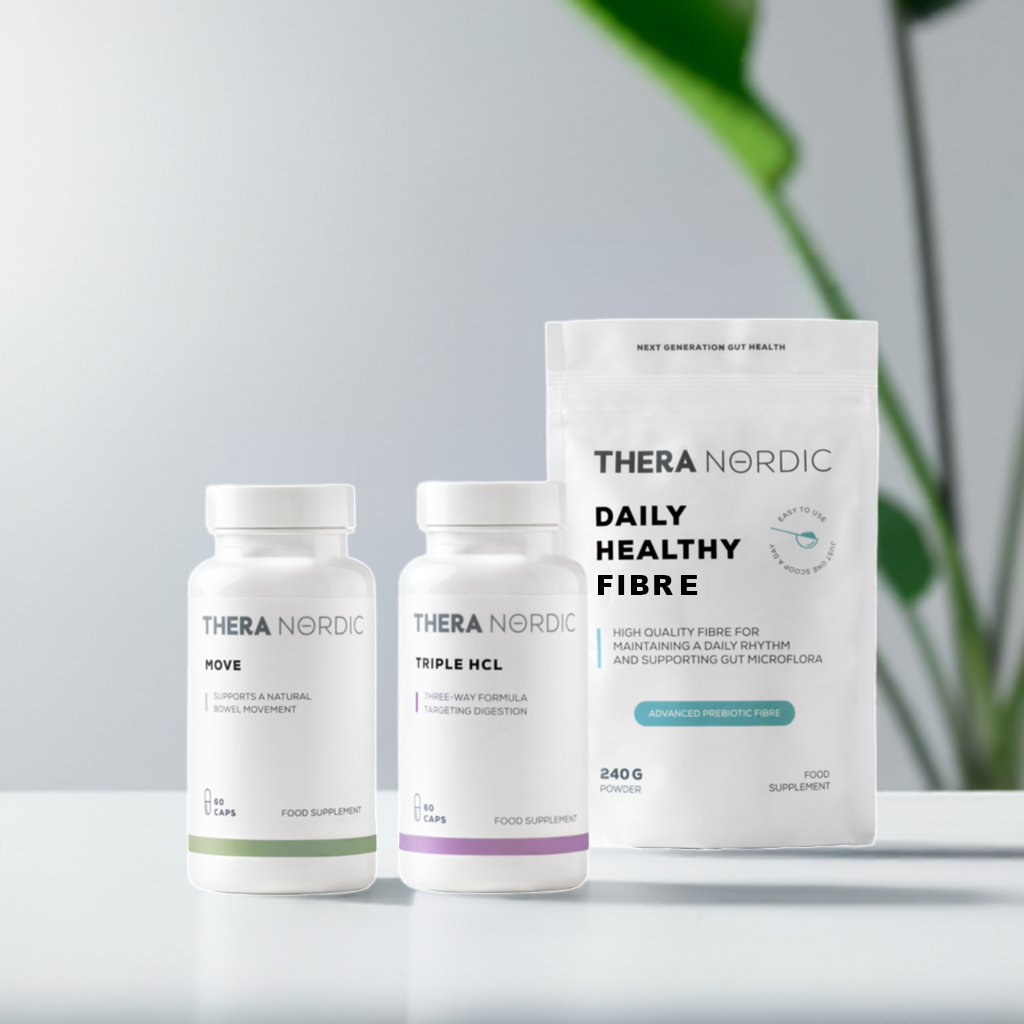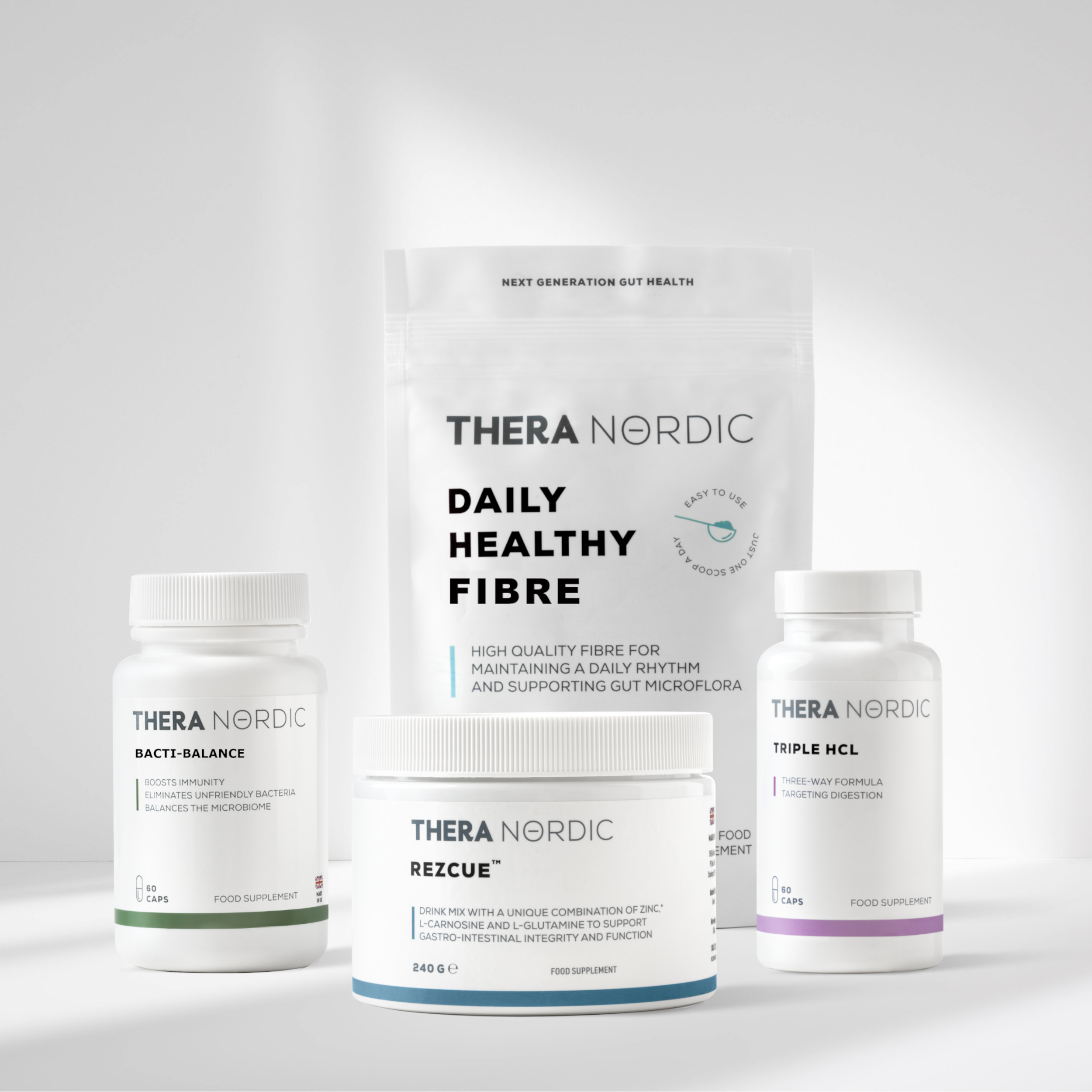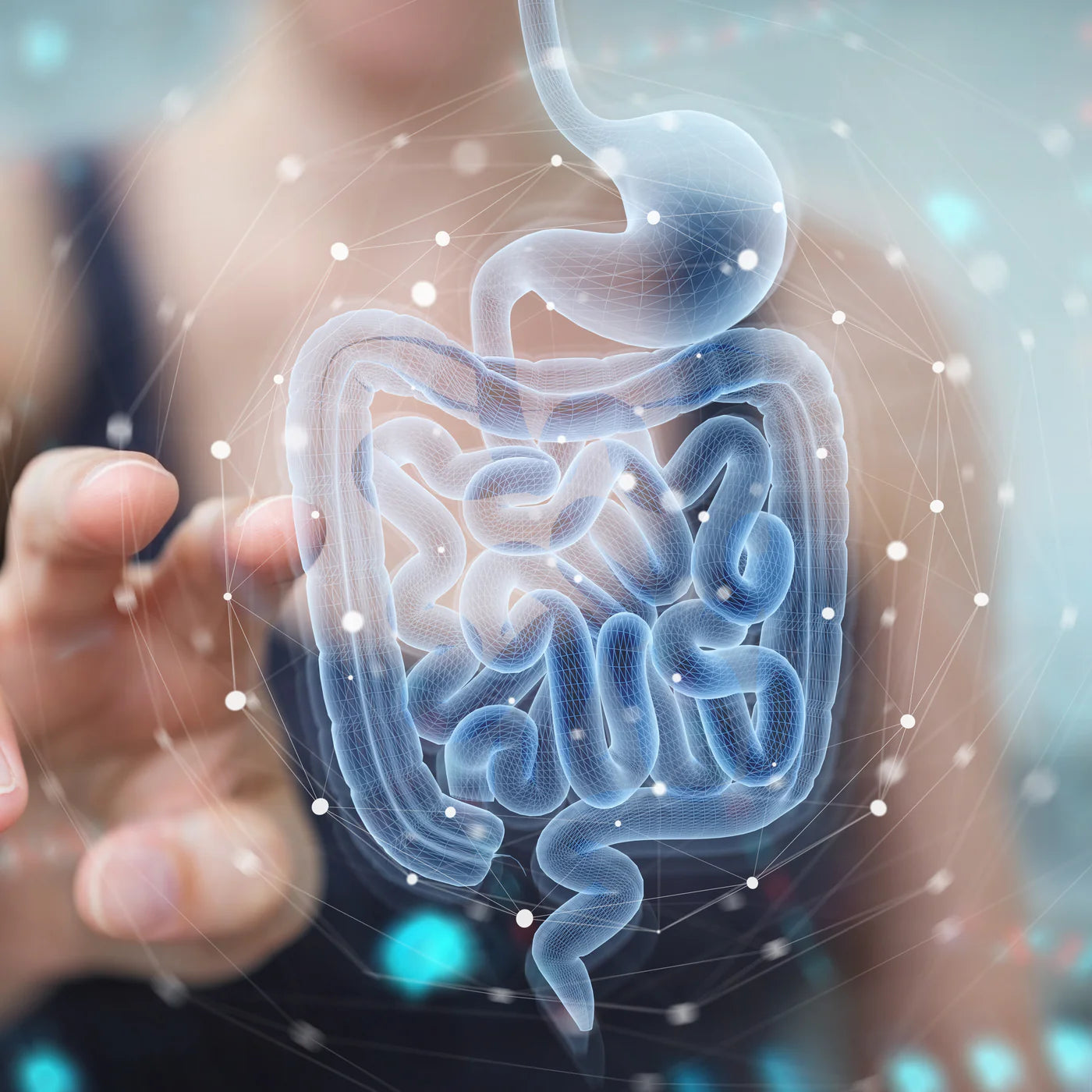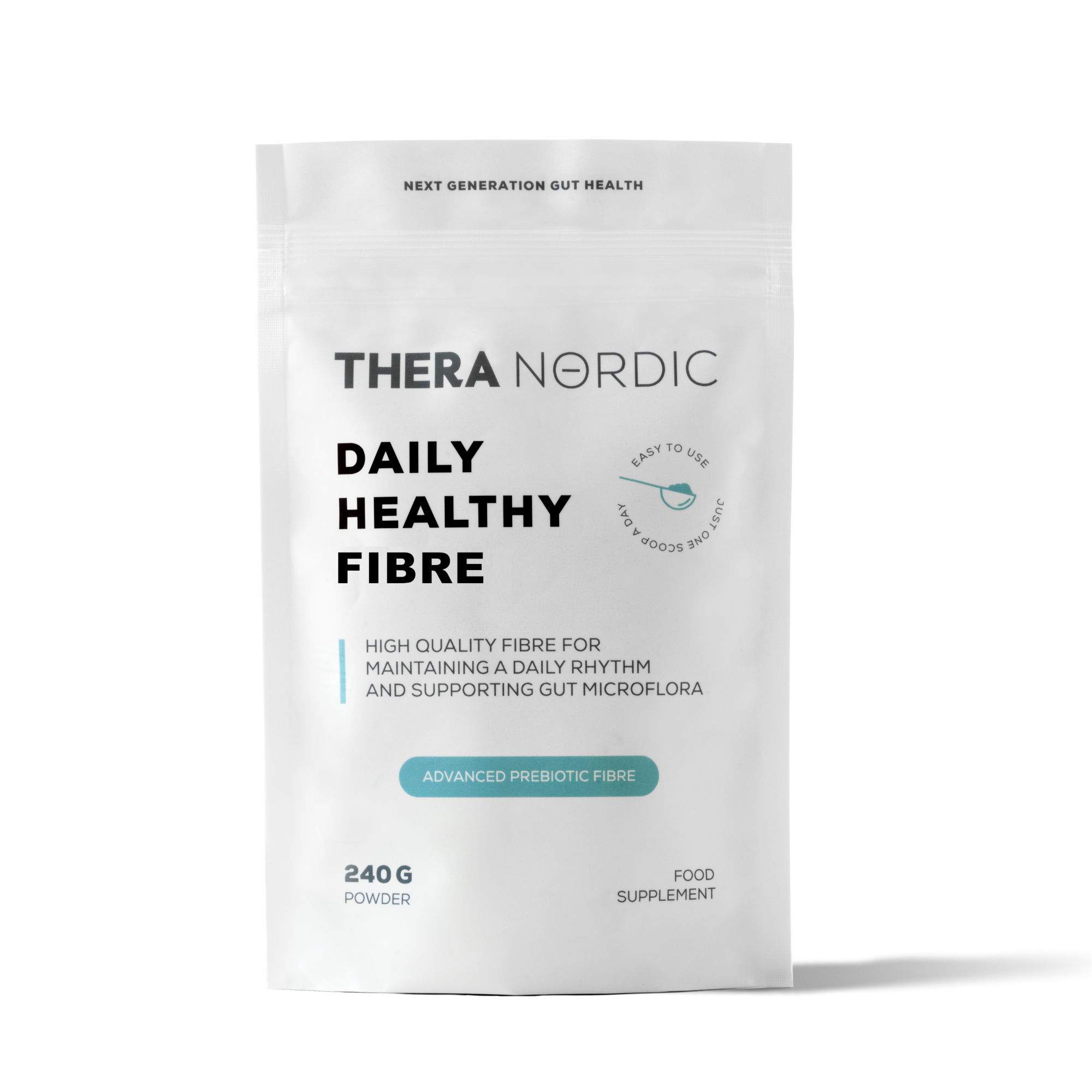Digestive enzymes play a pivotal role in our overall health, aiding in the efficient breakdown of food and the absorption of vital nutrients. However, many questions often arise regarding digestive enzymes. This FAQ article aims to address the most common queries about digestive enzymes and their benefits.
What are digestive enzymes?
Digestive enzymes are specialized proteins that your body produces to facilitate the digestion and absorption of nutrients from the food you consume. These enzymes act like biological scissors, breaking down complex macronutrients (carbohydrates, fats, and proteins) into smaller, more absorbable forms.
Why are digestive enzymes important?
Digestive enzymes are crucial because they help your body extract essential nutrients from food. Without adequate enzymes, you may experience digestive issues such as gas, bloating, indigestion, and nutrient deficiencies.
What are the different types of digestive enzymes?
There are several types of digestive enzymes, each with its own function. The main categories include amylase (for breaking down carbohydrates), lipase (for breaking down fats), protease (for breaking down proteins), and cellulase (for breaking down plant fiber).
Can I get enough digestive enzymes from my diet?
In an ideal world, a well-balanced diet should provide sufficient digestive enzymes for most people. However, factors like cooking, processing, and age can reduce the enzyme content in food. This is where enzyme supplementation can be beneficial.
What are the signs of enzyme deficiency?
Common signs of enzyme deficiency include gas, bloating, indigestion, constipation, diarrhea, and nutrient malabsorption. If you regularly experience these issues, you might benefit from enzyme supplementation.
Are digestive enzymes safe to use?
Digestive enzyme supplements are generally safe when used as directed. However, if you have a known allergy or sensitivity to a specific enzyme, consult a healthcare professional before using a supplement. Always follow the recommended dosage on the product label.
When should I take digestive enzymes?
It's best to take digestive enzyme supplements before or with meals. This allows the enzymes to be present when your body needs them most to assist in the digestion of the meal.
Can digestive enzymes help with food intolerances?
Yes, digestive enzymes can help with food intolerances. For example, lactase supplements can assist individuals with lactose intolerance by breaking down lactose in dairy products. Similarly, enzymes like alpha-galactosidase can help with the digestion of complex carbohydrates found in beans and vegetables.
Can I use digestive enzymes for weight loss?
Digestive enzymes are not a direct weight loss solution. However, they can support a healthy digestive system, which may indirectly contribute to weight management by helping your body absorb nutrients more efficiently.
Do digestive enzymes interact with medications?
While digestive enzymes are generally safe, they can potentially interact with certain medications. If you're taking any prescription medications, consult your healthcare provider before starting enzyme supplementation.
Are there natural food sources of digestive enzymes?
Some natural foods contain enzymes, particularly raw or minimally processed foods. Examples include papaya, pineapple, sauerkraut, and kefir. However, enzyme content can vary, and cooking typically destroys these enzymes.
Can I overuse digestive enzymes?
Using digestive enzyme supplements as directed is safe, but excessive use may disrupt the body's natural digestive processes. It's essential to follow recommended dosages and consult a healthcare professional if you have concerns about overuse.
Is it vegan-friendly and gluten-free?
Optimized Enzymes is suitable for vegans, and it does not contain gluten, making it a versatile option for various dietary preferences.
Should I consult a doctor before using digestive enzymes?
If you have chronic digestive issues, are pregnant or nursing, or have underlying medical conditions, it's wise to consult a healthcare professional before starting any new supplement regimen.
Digestive enzymes can be a valuable addition to your digestive health toolkit, assisting your body in breaking down and absorbing nutrients effectively. However, it's essential to use them wisely and in consultation with a healthcare provider when needed.




